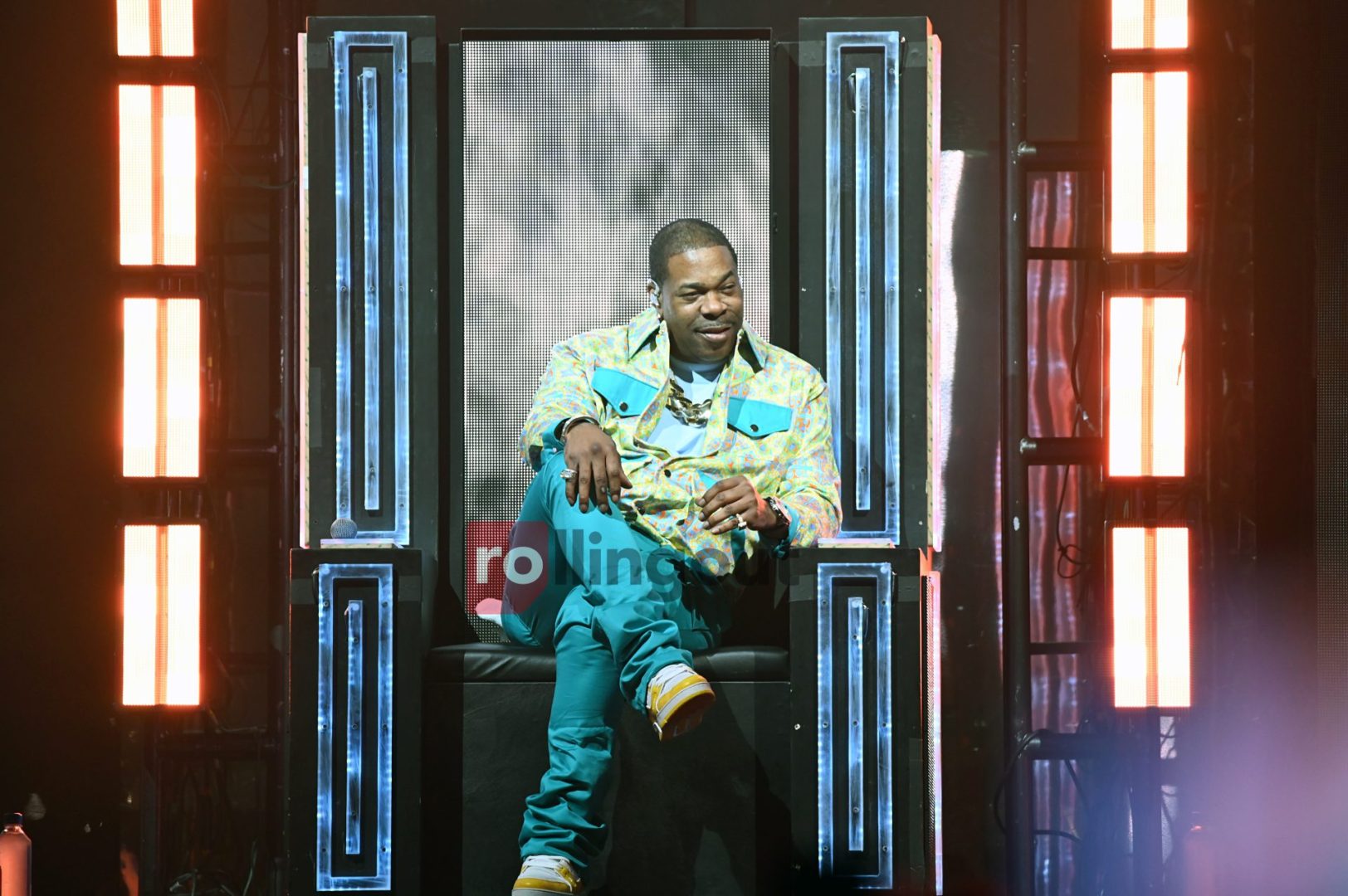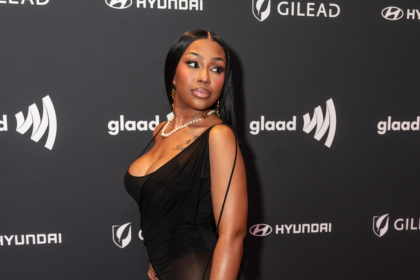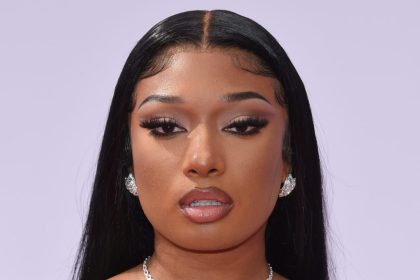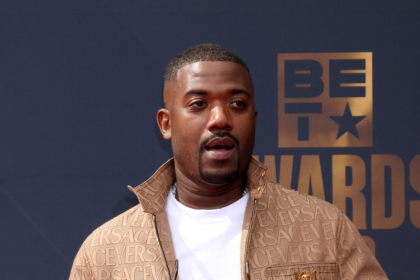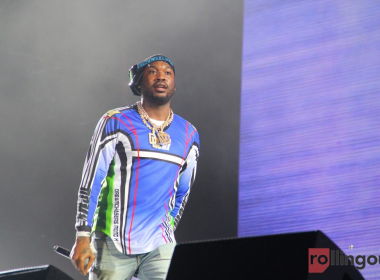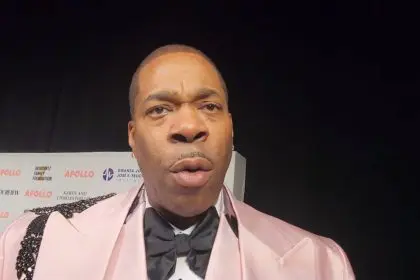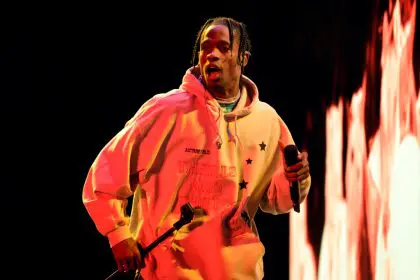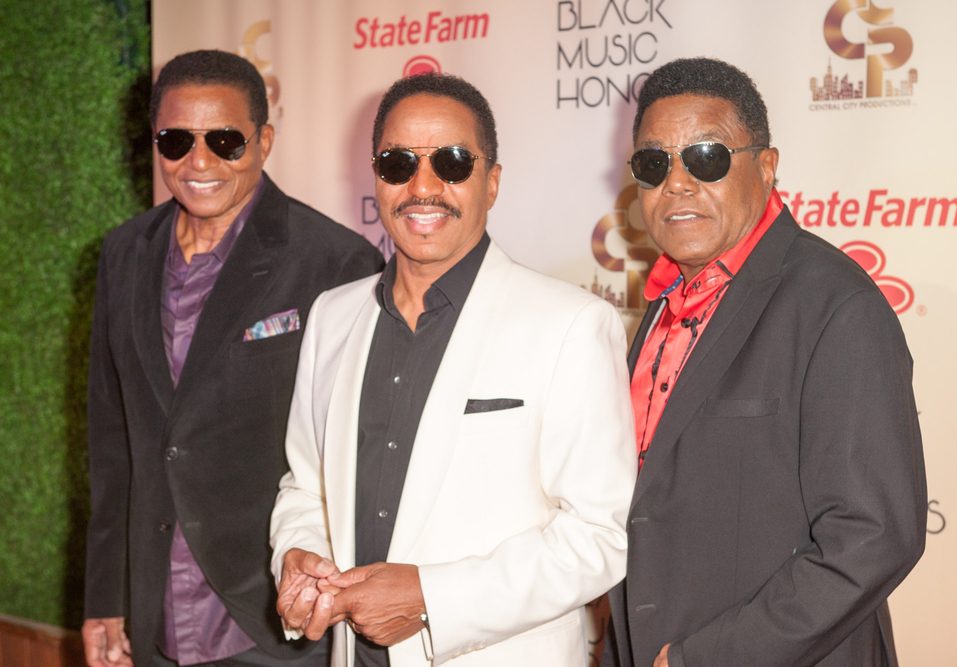Music executive Wack 100 challenged celebrity bodyguard Big Homie CC during an Instagram Live session about allegations regarding rapper Busta Rhymes’ sexuality. The confrontation followed claims made by Big Homie CC in a May interview with Cam Capone News, where he described Rhymes as a “super zest monster” and made accusations about the rapper’s behavior dating back to 2012.
Wack 100 demanded direct answers during the live stream, asking “Are you telling me, right now, that my brother, Busta Rhymes, is gay?” Big Homie CC avoided providing clear responses, referring to his previous interview statements. “That’s a brother to me, I know his children, my n**ga. This ain’t no troll sh*t,” Wack 100 stated, emphasizing his personal connection to Rhymes.
Industry observers note the potential impact of such claims on artist careers. Rhymes has not publicly addressed the allegations, maintaining silence amid growing social media discussion. The controversy stems from Big Homie CC’s detailed accusations about Rhymes’ alleged behavior in VIP sections at clubs.
Security industry veterans question the ethics of bodyguards sharing client information. Entertainment analysts suggest the incident reflects broader issues of trust and loyalty in hip-hop culture. Social media engagement shows divided fan reactions to the allegations and Wack 100’s defense.
The situation highlights ongoing tensions between privacy and public disclosure in celebrity culture. Music industry insiders note the increasing frequency of former employees making public allegations against artists. Legal experts suggest potential liability issues for security professionals who breach client confidentiality.
Former bodyguards emphasize the traditional code of silence within the security industry. Media coverage focuses on the broader implications for artist-security relationships. Industry veterans suggest the incident could influence future security hiring practices.
The controversy raises questions about social media’s role in amplifying unverified claims. Entertainment lawyers note the challenges of addressing reputation damage in the digital age. Hip-hop community leaders express concern about the impact on industry relationships.
Professional security associations discuss implementing stricter confidentiality guidelines. The incident prompts debate about balancing transparency with professional ethics. Industry stakeholders consider long-term implications for artist protection services.

